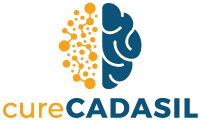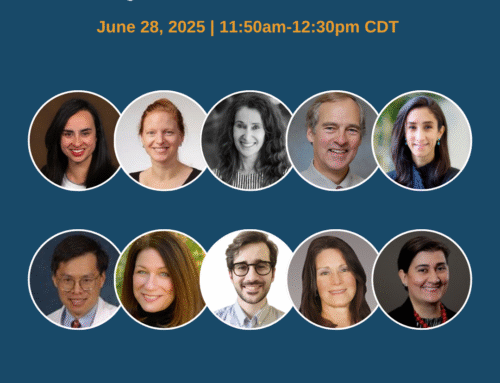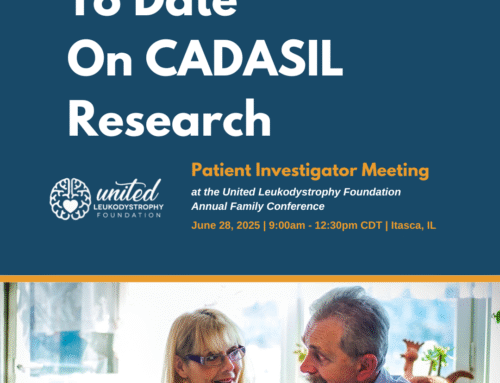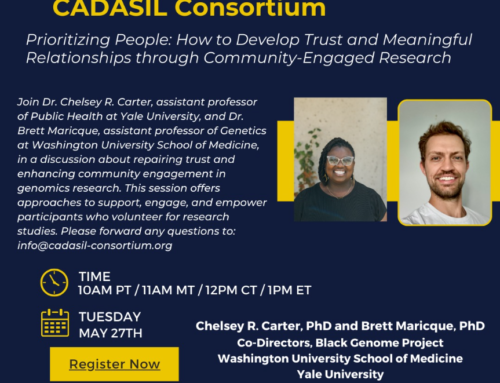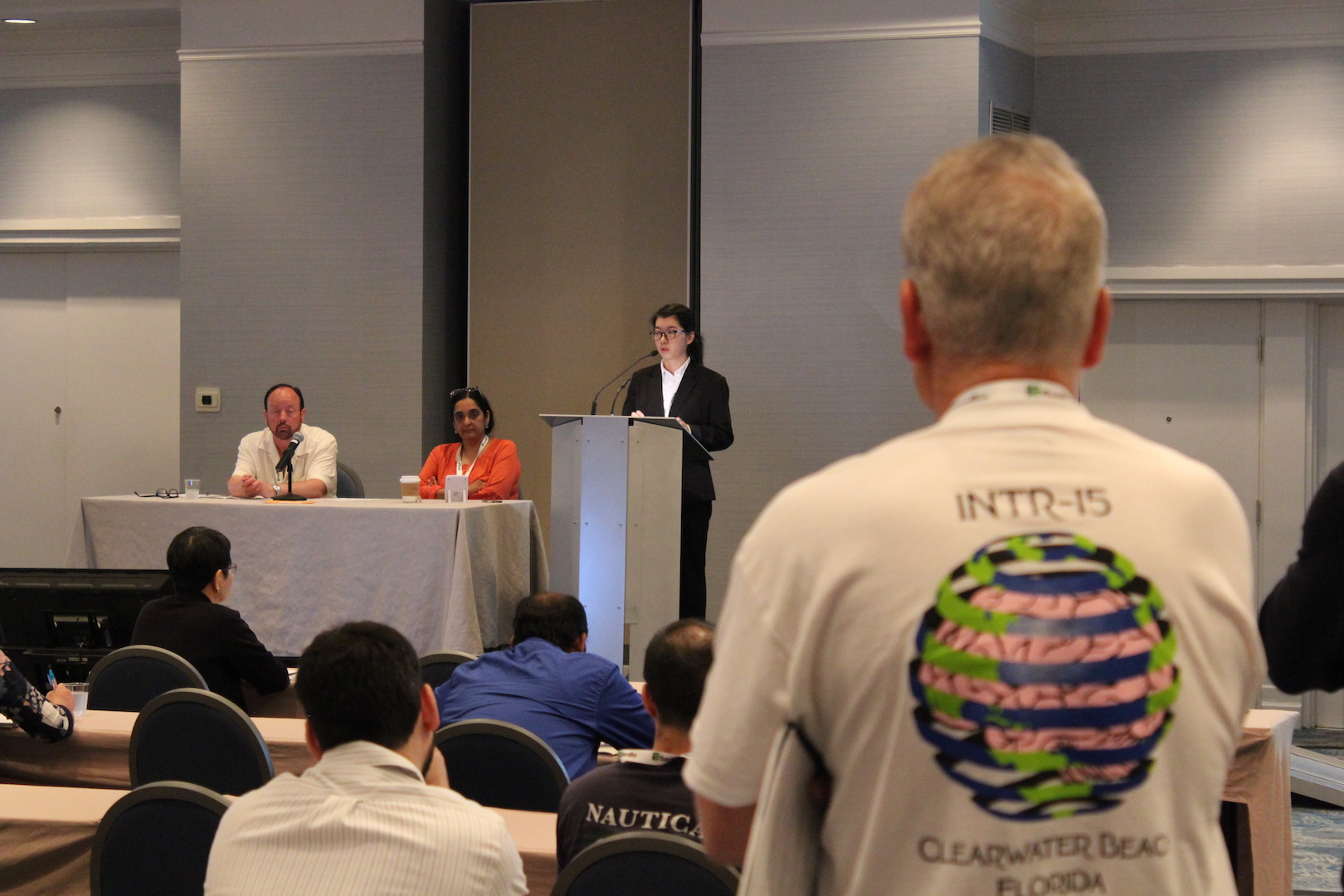
The cureCADASIL Association has furthered support of CADASIL research by sponsoring a student travel award to the 25th Annual American Society of Neural Therapy and Repair Conference (ASNTR), which enabled CADASIL research to be presented at the conference. In 2018, this event was a joint gathering of both the American Society and the 15th International Symposium on Neural Transplantation and Restoration, giving CADASIL education to a broad group of researchers. In addition, CADASIL brochures were included in conference bags provided to each attendee of the conference and cureCADASIL acknowledged on the organizations website and program as a sponsor.
Dr. Suning Ping, a post-doctoral fellow in Dr. Li-Ru Zhao’s lab at SUNY Upstate Medical University in Syracuse, received our student travel grant to present her work entitled “STEM CELL FACTOR AND GRANULOCYTE COLONY-STIMULATING FACTOR PROMOTE BRAIN REPAIR AND COGNITIVE FUNCTION THROUGH VEGF-MEDIATED ANGIOGENESIS IN A MOUSE MODEL OF CADASIL”. Dr. Li-Ru Zhao’s lab has recently demonstrated the efficacy of combining two hematopoietic growth factors. Stem cell factor (SCF) and granulocyte colony-stimulating factor (G-CSF) improve cognitive function, increase brain blood vessel density and increase neural network rewiring in a transgenic mouse model of CADASIL. Dr. Ping demonstrated that a third growth factor, vascular epithelial growth factor (VEGF), is necessary for SCF and G-CSF to function. By blocking VEGF with Avastin, the improvement in cognitive function, enhanced blood vessel density and enhanced neural network rewiring that was observed with SCF and G-CSF does not occur. Dr. Ping’s results shed light on a key mechanism by which hematopoietic growth factors may restrict CADASIL pathology.
May 17, 2018
